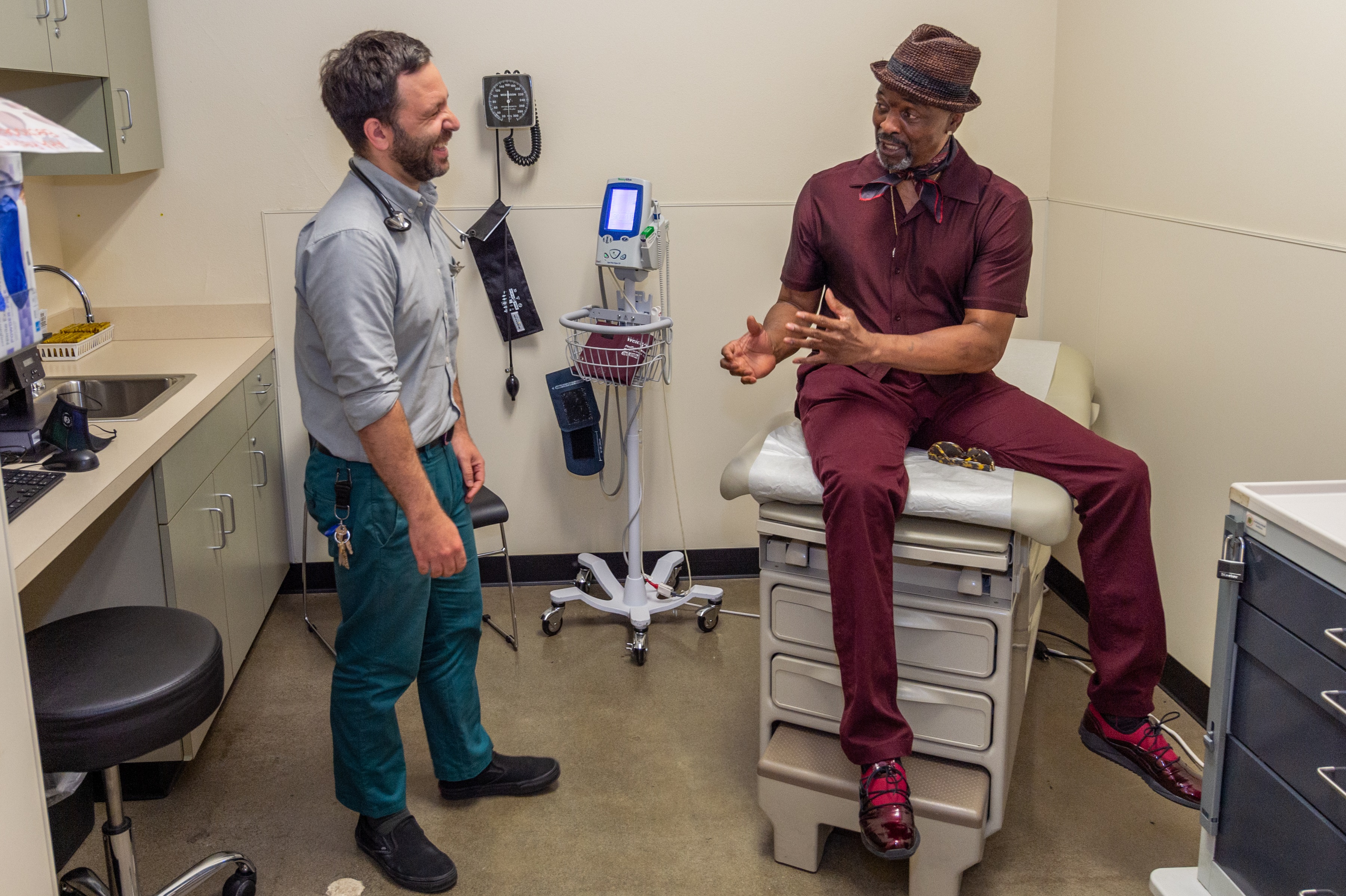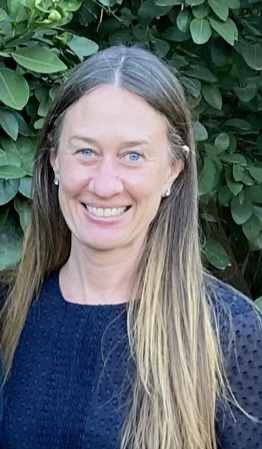Media inquiries
CareOregon works with multiple community partners to help people get health care, housing, employment, education, healthy food and more. Helping just one person or family can make an entire community stronger. It’s something we call the CareOregon Effect.
Please contact us for further information. We welcome your requests for interviews with CareOregon’s experts or our members, for background information or to arrange a guest speaker for your organization.
Contact:
Erich Ericson
Vice President, Branding, Marketing and Communications
612-226-8741
media@careoregon.org
Our areas of expertise include:
- Oregon Health Plan (Medicaid)
- Medicare
- Medical homes
- Lean process improvement in health care settings
- Human-centered (a.k.a. user-centered) design in health care
- Member councils and member advocacy efforts
- Innovative approaches to member well-being
- Health care policy
Brand Style Guide
If you want to share information about CareOregon, please
click here to consult our Brand Style Guide for best practices.
Latest news, press releases and updates
CareOregon invests $5 million to support Washington County Center for Addictions Treatment and Triage
Q/A with Jill Archer, Vice President of Behavioral Health, about the importance of Washington County’s planned Center for Addictions Treatment and Triage

This week, Washington County announced major milestones in moving their Center for Addictions Treatment and Triage forward, including selecting CODA as their intensive services provider and an architectural firm to design the program facilities. Known as the CATT, this project will fill critical gaps in our region’s substance use treatment services system.
CareOregon has been a longtime participant in the project development and recently awarded Washington County with a $5 million contribution to help close the gap in funding for this project’s capital construction effort. Once built, we estimate that approximately 70% of CATT users will be CareOregon members, meaning that we will have a long-term funding relationship with their selected substance use disorder provider CODA.
We caught up with Vice President of Behavioral Health Jill Archer to learn more about this project and how her team has been involved.
Q/A with Jill Archer:

Tell me a bit about yourself and what you do at CareOregon?
My name is Jill Archer, and I’m the Vice President of Behavioral Health at CareOregon. I’ve been here for over six years, during which time we have integrated the Behavioral Health benefit in all three of our CCO regions, including the Portland metro area. My role is to oversee the implementation of the Behavioral Health benefit for our Oregon Health Plan members.
How has the CareOregon team been involved in the Washington County CATT project?
CareOregon staff have been part of design and development conversations with Washington County since 2019. Personally, I have been a member of the CATT Steering Committee for about a year, after the project received approval from the County Commission. We took part in the development of the RFP for the service provider and the award selection.
We anticipate that most folks served by the CATT, close to 70%, will be served through our behavioral health benefit. To ensure sustainable funding, we’ve signed a memorandum of understanding with the county to commit to paying for services provided to our members and to work with their selected provider to develop a funding model that will ensure viability of the program. The CATT is going to fill a big need in our community. We are thrilled to be a key partner.
What will the CATT project include, once built?
The CATT is a really innovative model that brings together the full continuum of services for individuals experiencing substance use disorder, from sobering and detox facilities to residential treatment and an addiction resource center.
Why does this work matter?
This work is absolutely critical. The prevalence of substance use disorders continues to increase, leading to things like loss of jobs and housing, increased health problems and premature death. The CATT is an opportunity to provide a whole continuum of support from sobering and residential treatment to housing and recovery support. It will meet people where they are at in their journey, without judgment and with a trauma-informed approach. CATT will also fill in a gap for Washington County so that their residents don’t need to travel out of their community to access services.
How will the CATT, once built, help improve individual and community health?
If people are more easily able to access low barrier, convenient services when they are ready, we should see an increased engagement in ongoing treatment and support leading to reduced health problems, reduced overdoses and improved quality of life.
Learn more about Washington County’s Center for Addictions Treatment and Triage and their July 19 announcement.
